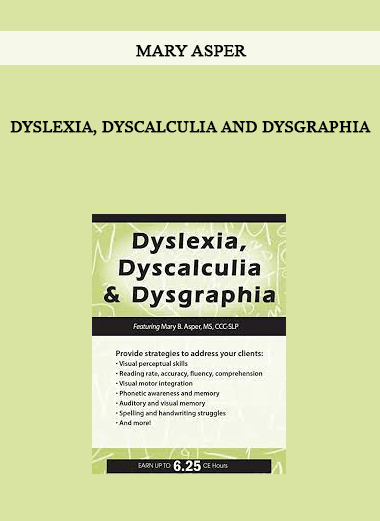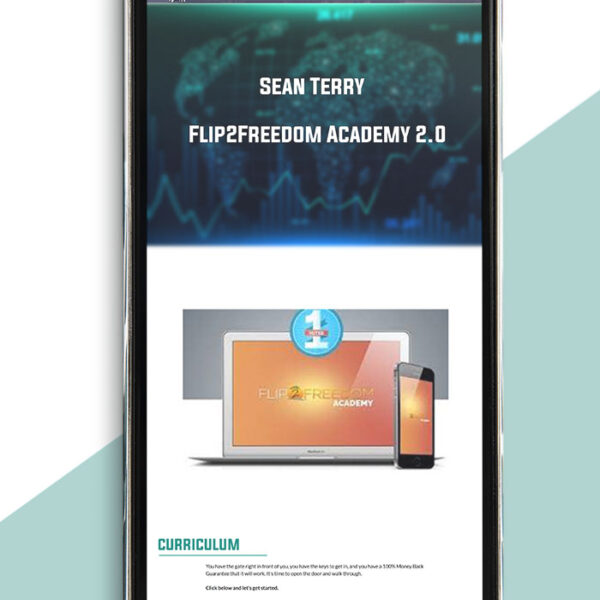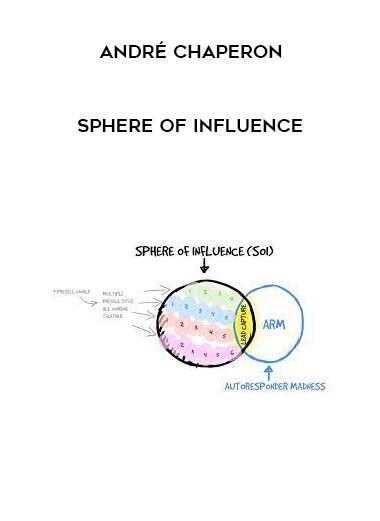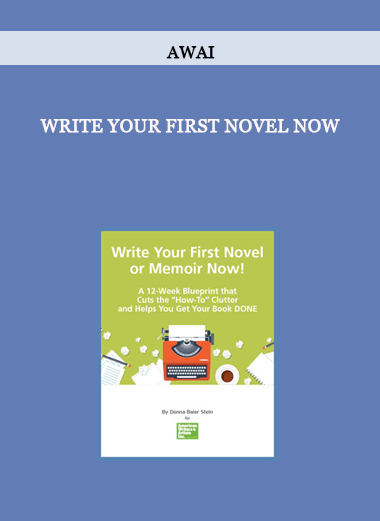Courses Infomation
Dyslexia, Dyscalculia and Dysgraphia from Mary Asper

Dyslexia, Dyscalculia and Dysgraphia from Mary Asper
Faculty:Mary Asper
Duration:6 Hours 08 Minutes | Format:Audio and Video
Archive : Dyslexia, Dyscalculia and Dysgraphia from Mary Asper
Outline:
Introduction
- Dyslexia, Dysgraphia and Dyscalculia
- Anxiety and stress: physical and emotional
- IEPs and 504’s
- Accommodations and supports
Evaluate and Assess For:
- Executive function
- Auditory Processing
- Visual Processing
- Phonemic Awareness
TREATMENT STRATEGIES:
Executive Function
- Typical Development
Sensory Development – Auditory Processing
- Typical Development
- Impact on Reading and Writing
- Auditory attention
- Focused listening
- Sound discrimination
Sensory Development – Vision
- Typical Development
- Impact on reading, writing and math
- Behavioral Optometry
- Visual attention
- Visual sequential memory
- Visual form constancy
- Using colored overlays
Phonemic/Phonological Awareness
- Typical Development
- Impact on reading and writing
- Effect on comprehension
- Sound/symbol correspondence
- Auditory bombardment
- Chunking and blending
- Whole-classroom activities
Anxiety
- Ability vs. Performance
- How to recognize anxiety in the classroom
- Planning and organizing to reduce anxiousness
- Creating opportunities for success in the classroom
- Peer support
- Self-advocacy
More Treatment Strategies for …
- Reading
- Written Expression
- Math Concepts and Calculation
Dyslexia, Dysgraphia and Dyscalculia in the Classroom
- When, why, and how to introduce Assistive Technology
- Hands-on activities
Case Studies/Experiential Group Activity
- Create an intervention plan for LD students
Description:
Dyslexia, Dysgraphia or Dyscalculia are among the most complicated learning disorders seen in education today. Many of these students struggle to complete academic tasks, maintain social relationships with peers and adults, and are constantly under stress.
In this recording, you will learn how underlying deficits related to executive function, visual-perceptual and visual-motor skills, and auditory processing skills affect a student’s ability to read and write at grade and age appropriate levels. Participants will explore the impact visual processing, cognitive development and organization have on acquiring mathematic ability, and understand how to support and teach struggling math learners.
This presentation shows you how to identify underlying deficits and develop IEPs or 504 plans that effectively address individual student needs. You will develop a plan that includes game-based learning, assistive technology, phonemic and phonological awareness practice, focused auditory interventions and simple techniques to help with visual processing ability.
Upon completion of this program, you will be able to provide strategies to address your student’s/client’s:
- Visual perceptual skills
- Visual motor integration
- Auditory and visual memory
- Reading rate, accuracy, fluency, comprehension
- Phonetic awareness and memory
- Spelling and handwriting struggles
Salepage : Dyslexia, Dyscalculia and Dysgraphia from Mary Asper
About Author
Mary Asper
Mary B. Asper has extensively worked with students, educators and families from all walks of life as a school-based SLP. For many years, Mary’s focus has been on developing and implementing effective techniques and strategies to help students with language learning disabilities succeed in school. She is involved in all areas of treatment, including diagnosis. Working with students in grades PreK-12, Mary has developed strategies to address linguistic, cognitive and social concerns based on best-practice recommendations and the latest neuro-scientific research findings.
Mary coordinates a team of related professionals who serve students with severe language learning disabilities and communication disorders. She is a former board member for her state’s Speech-Language Association and is the author of SPEECH-LANGUAGE PATHOLOGISTS: Practical Strategies for Strengthening Social Communication Skills, the extensive resource handbook each participant will receive at the seminar. Above all, Mary is passionate about sharing the latest, research-based, highly practical interventions that fellow school-based SLPs can immediately use with their own students































Reviews
There are no reviews yet.